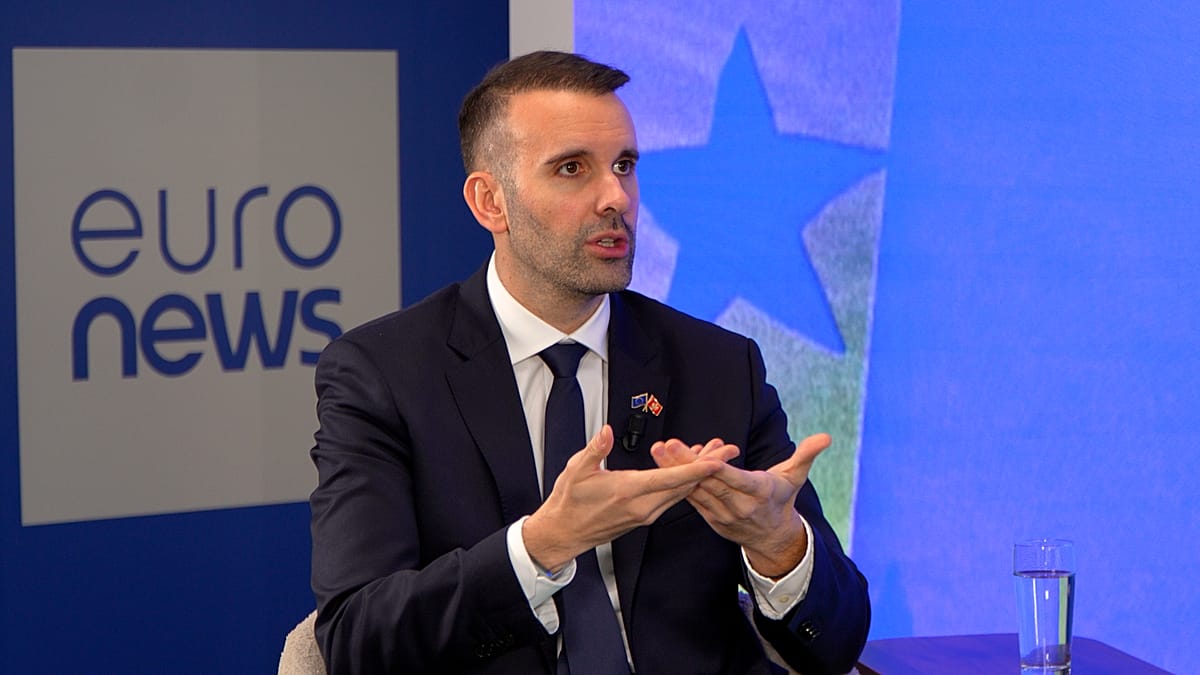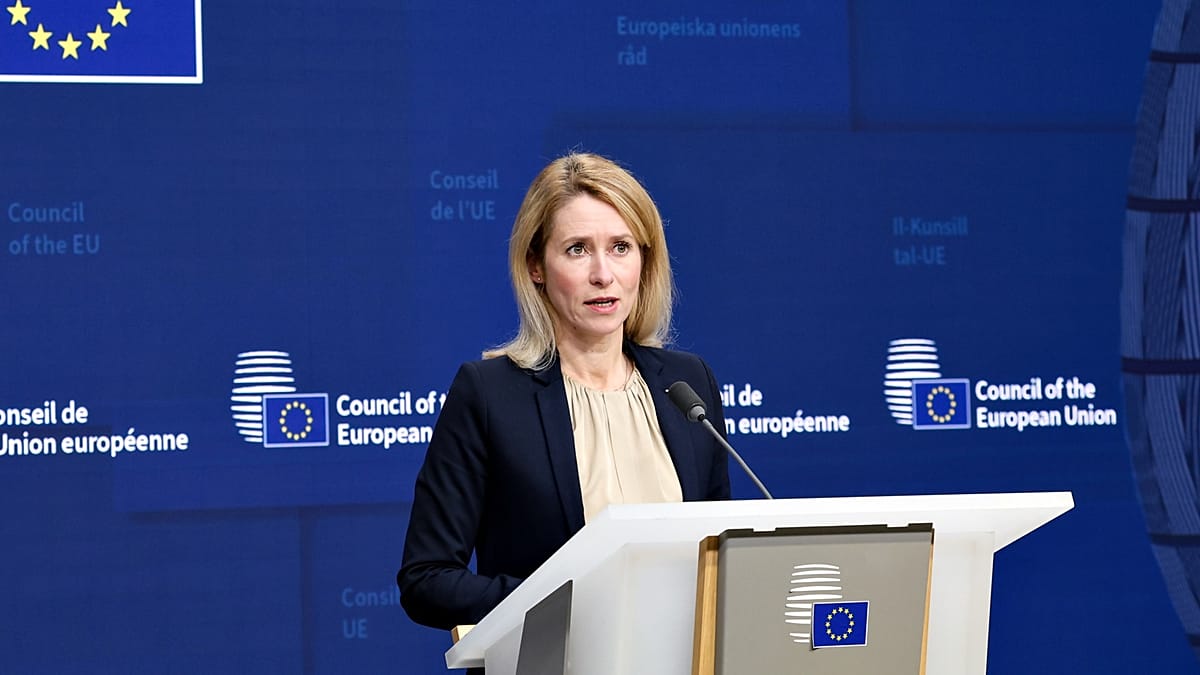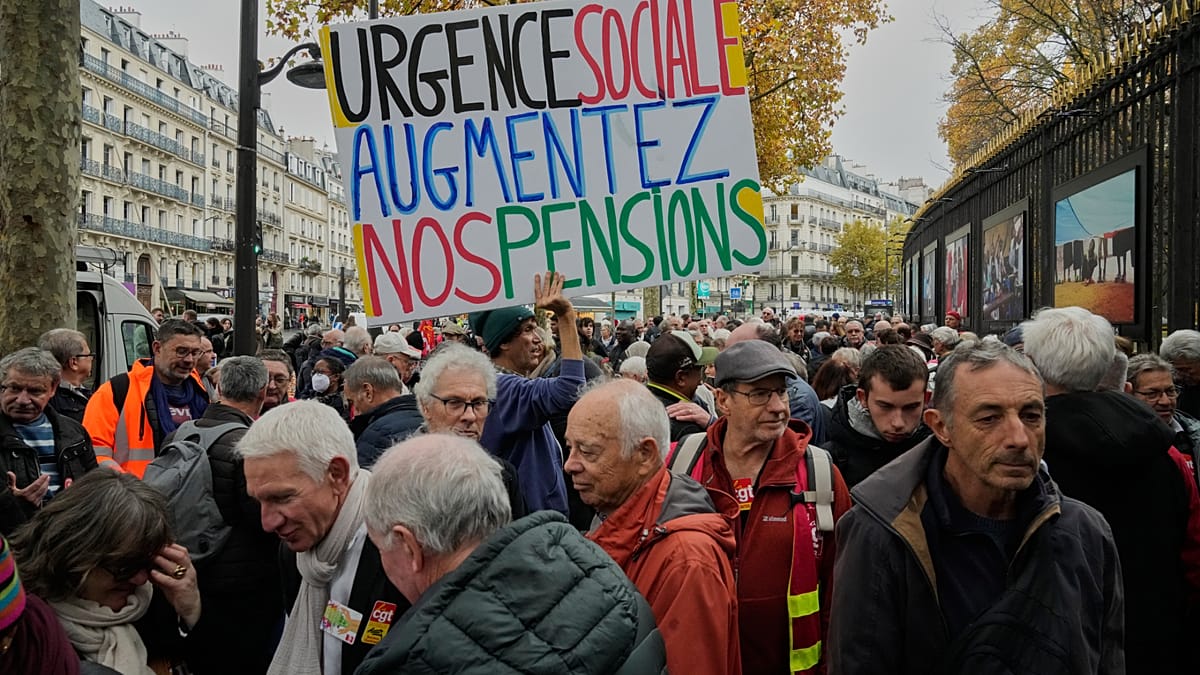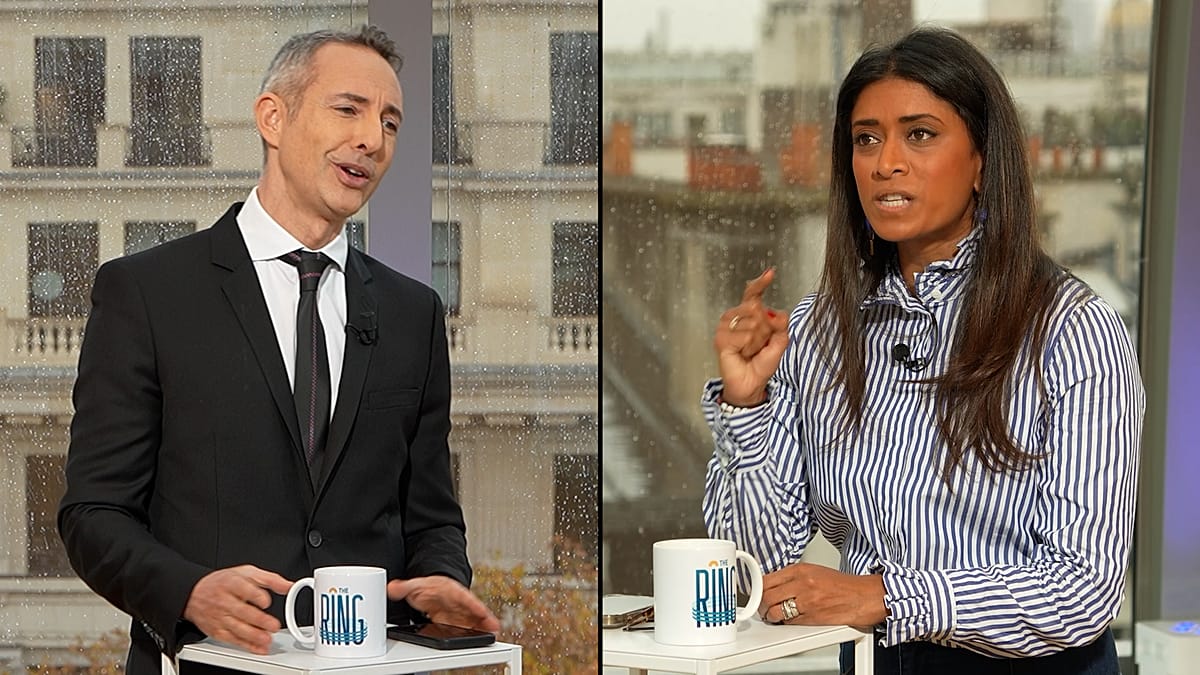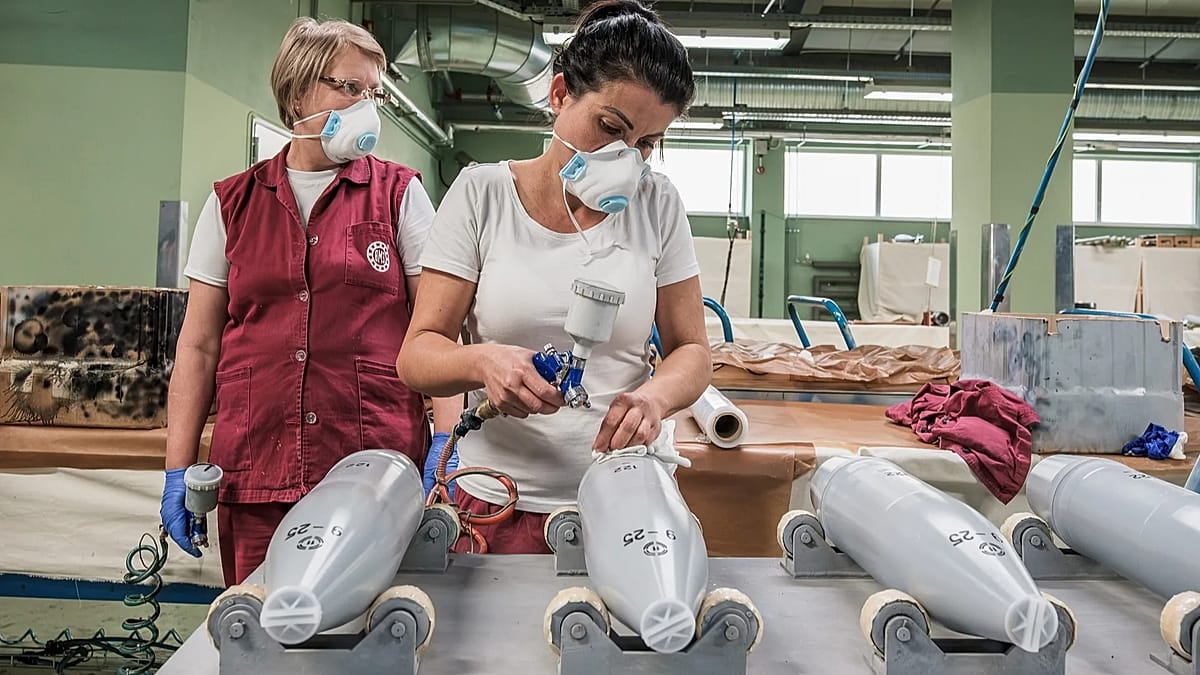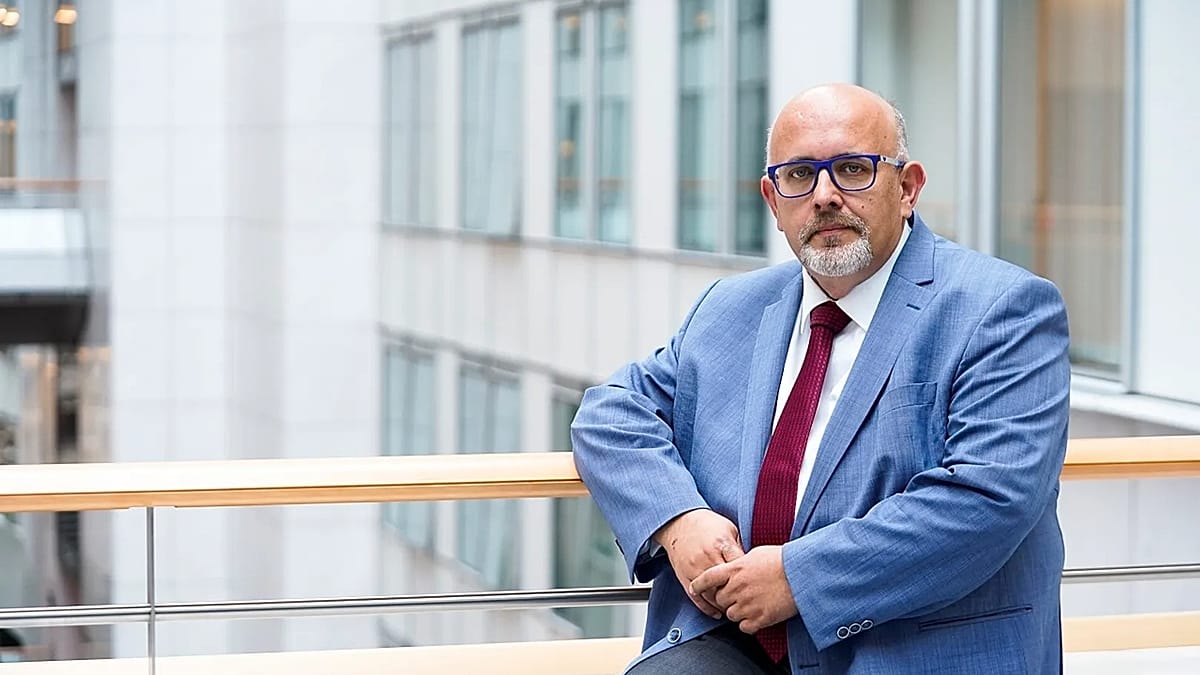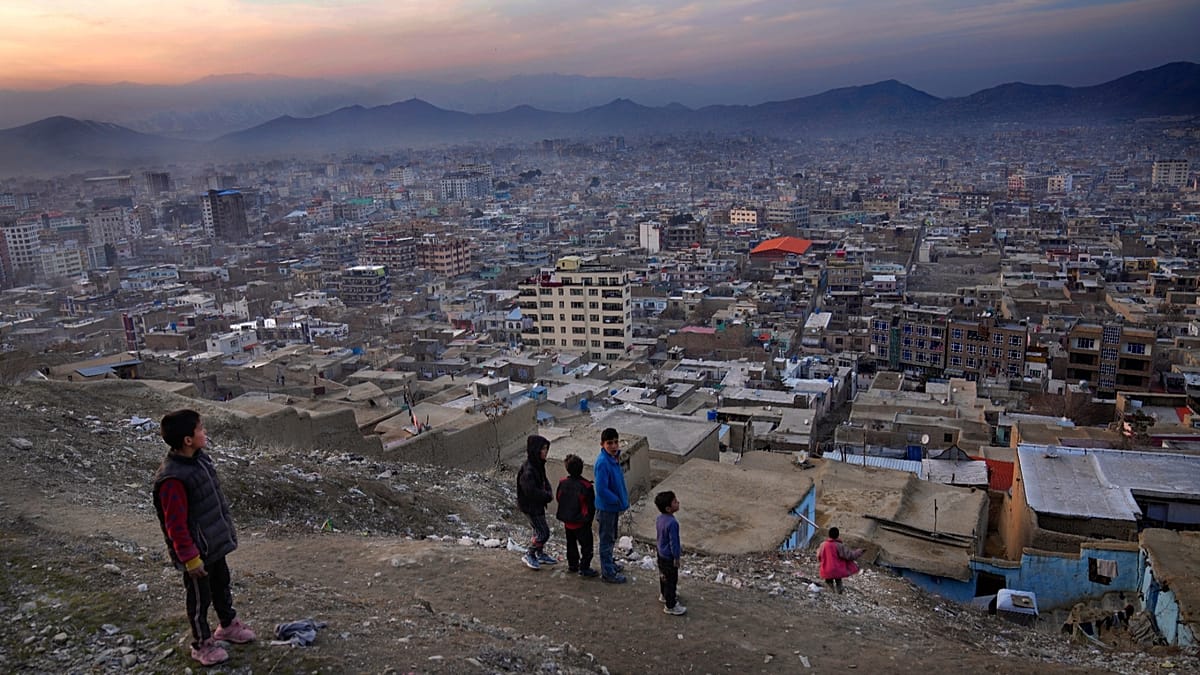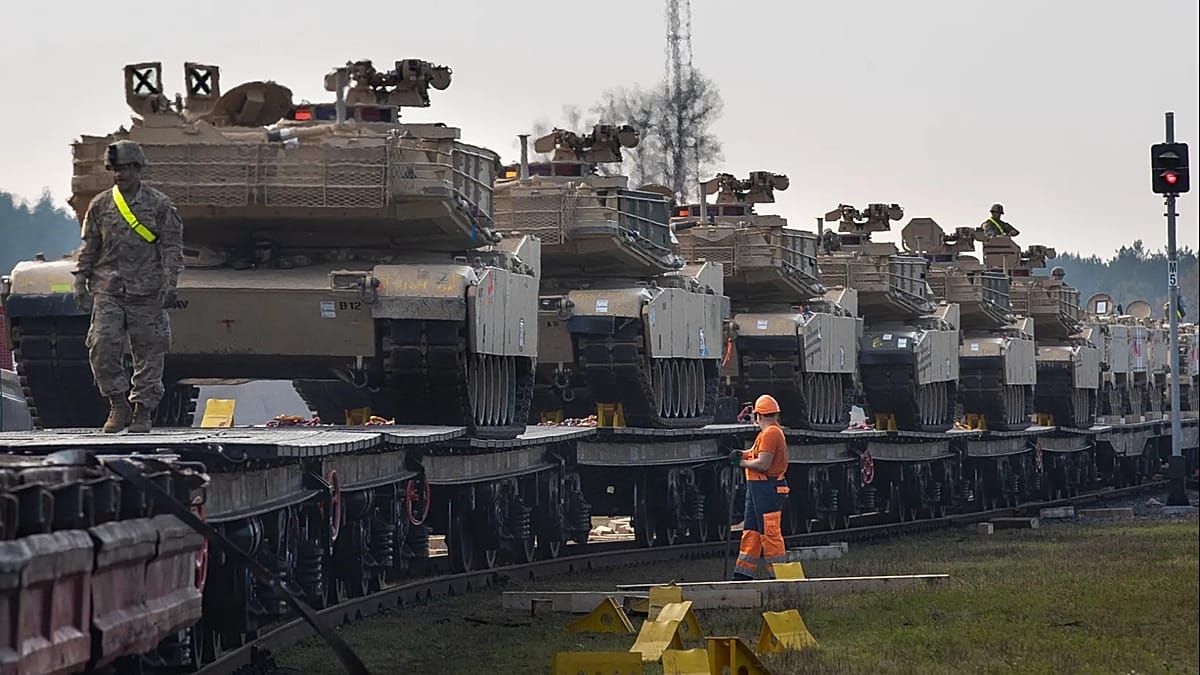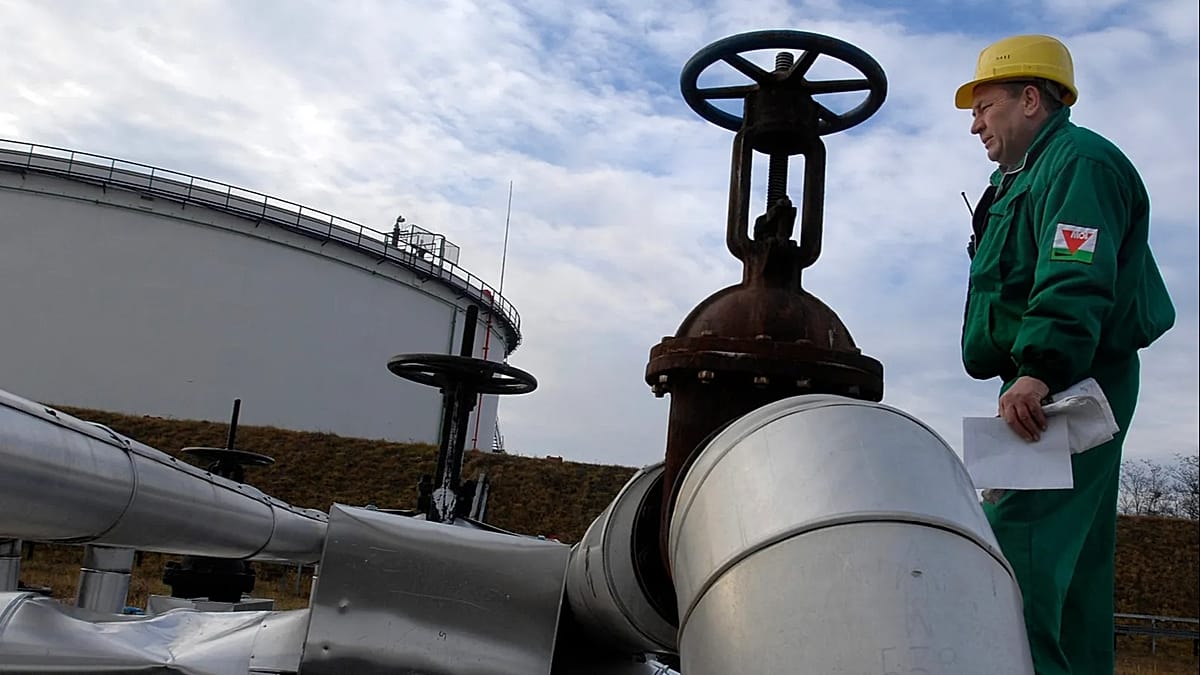Montenegro will tighten visa rules for Russian citizens to be in line with EU policy, which the Western Balkan country hopes to join by 2028.
His country intends to implement appropriate measures “very soon”, Prime Minister Milojko Spajić said on Euronews’ The Europe Conversation following the Commission’s first Enlargement Forum in Brussels.
Earlier this month, the EU announced stricter visa rules for Russian citizens to enhance security following hybrid drone attacks attributed to Russia.
From now on, Russian nationals will no longer be eligible for multiple-entry visas to the EU. Instead, they can only receive single-entry visas, requiring them to make a new application for each visit.
However, the situation is very different in Montenegro: Russian citizens can travel to the country visa-free for up to 30 days with a valid passport, resulting in many Russians visiting the country.
Spajić stressed that Montenegro fully follows the EU’s Common Foreign and Security Policy (CFSP) — a key requirement for EU membership — including on this matter.
The CFSP is the EU’s framework for coordinating foreign policy and security actions, which includes the bloc’s sanctions against Russia.
“Even before having membership status and membership benefits, we behave as a member state,” the Montenegrin PM said.
Montenegro is expected to adapt its visa policy to that of the EU to join the 27-member bloc.
The country also cancelled its visa-free programmes for citizens of Armenia, Uzbekistan, Kuwait and Egypt in October to align with EU policy.
‘Need to add value’
ia when it comes to EU accession. The leadership hopes the country will become the EU’s 28th member by 2028. Spajić acknowledged that rapid progress has been made, but that more can be done.
“We need all the 27 member states to feel, truly believe, that it’s in their national interest to see Montenegro as part of the EU,” Spajić noted. “We need to convince them of that. We can’t relax.”
The prime minister believes Montenegro should now focus on building and strengthening relations with the other member states. “There are member states that are a little bit more conservative towards the enlargement as a concept. So we have to work very hard on those countries.”
Here, Spajić emphasised the rule of law: “Balkan countries traditionally have been a focus in terms of this facet.”
He added that Montenegro has pushed through reforms on this front, evidenced by the closing of chapter 5 on public procurement. This relates to the body of EU laws and regulations that candidate countries must adopt before they can join the EU.
“Again, we have to do a lot more. We have to showcase that we are doing a great job in terms of the rule of law.”
More generally, on the technical side, Spajić said Montenegro should do “its fair share of tasks and be ready for accession”.
“It’s in our own interest, it’s in the interest of the whole union, because obviously, once we join the EU, we want to add value. We don’t want to detract value.”



